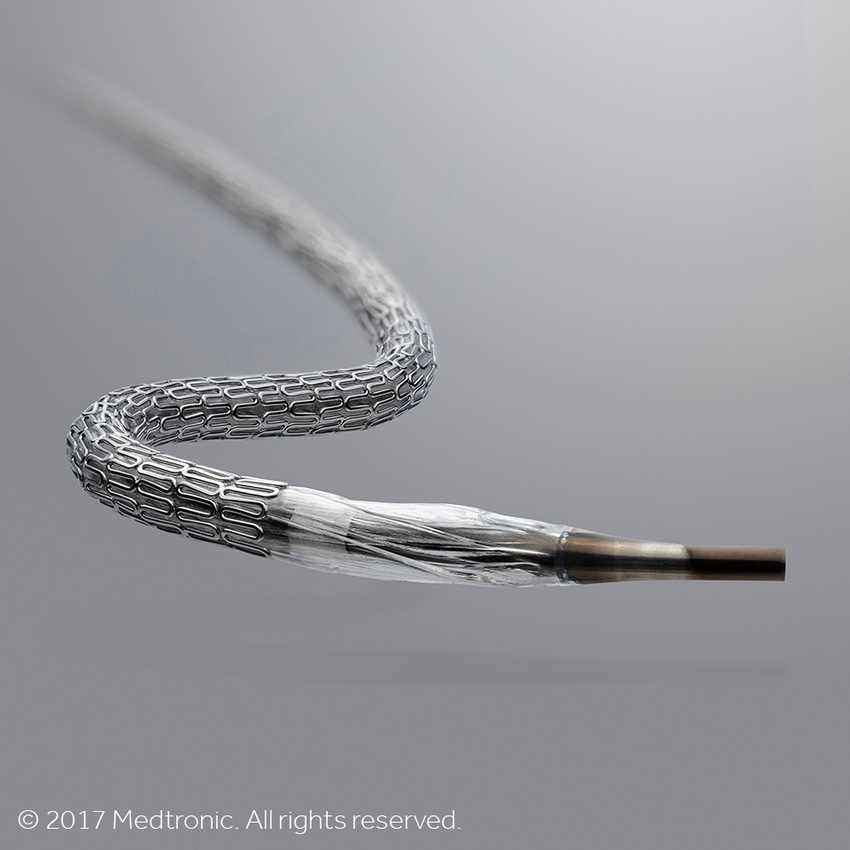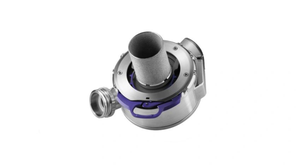Medtronic has initiated a clinical study to see if its Resolute Onyx DES can treat bifurcation lesions, which account for about 20% of all percutaneous coronary interventions.
May 16, 2018

Although there has been little noise about drug-eluting stents (DES) lately, the market is alive and well. Dublin-based Medtronic heated up the space a bit on Wednesday, when it announced it would initiate a clinical study to see if its Resolute Onyx DES could treat bifurcation lesions. Data from the study will be used to support an application for an indication expansion to include bifurcation lesions for the Resolute Onyx DES from FDA.
A spokesperson for Medtronic told MD+DI via email that these lesions account for “about 20% of all percutaneous coronary interventions.”
The multi-center, single-arm study intends to enroll 250 patients with bifurcation lesions from 30 sites in the U.S. and Europe. The primary endpoint is target vessel failure at 12 months. Study participants will be followed for three years and receive regular follow-up health assessments.
Enrollment is set to be completed in spring of 2019.
"Patients with bifurcation lesions present a unique challenge for interventional cardiologists. This study will help us evaluate these patients in a controlled setting, which will help expand our knowledge base,” Matthew Price, MD, interventional cardiologist at Scripps Clinic in La Jolla, Calif., and national principal investigator of the Bifurcation Cohort of the RESOLUTE ONYX Post-Approval Study, said in a release. "The unique design of Resolute Onyx DES may be well-suited to treat bifurcation lesions in a wide range of vessel sizes."
The Resolute Onyx DES platform features Core Wire Technology, an evolution of Continuous Sinusoid Technology (CST). CST is a unique Medtronic method of stent manufacturing, which involves forming a single strand of cobalt alloy wire into a sinusoidal wave to construct a stent. Medtronic said the Core Wire Technology enables thinner struts while maintaining structural strength and visibility.
The technology received the Bifurcation indication in Europe when it was granted a CE mark in 2014. The technology is indicated in the U.S. for improving coronary luminal diameters in patients, including those with diabetes mellitus, with symptomatic ischemic heart disease due to de novo lesions of length <= 35 mm in native coronary arteries with reference vessel diameters of 2mm to 5mm.
About the Author(s)
You May Also Like


.png?width=300&auto=webp&quality=80&disable=upscale)

